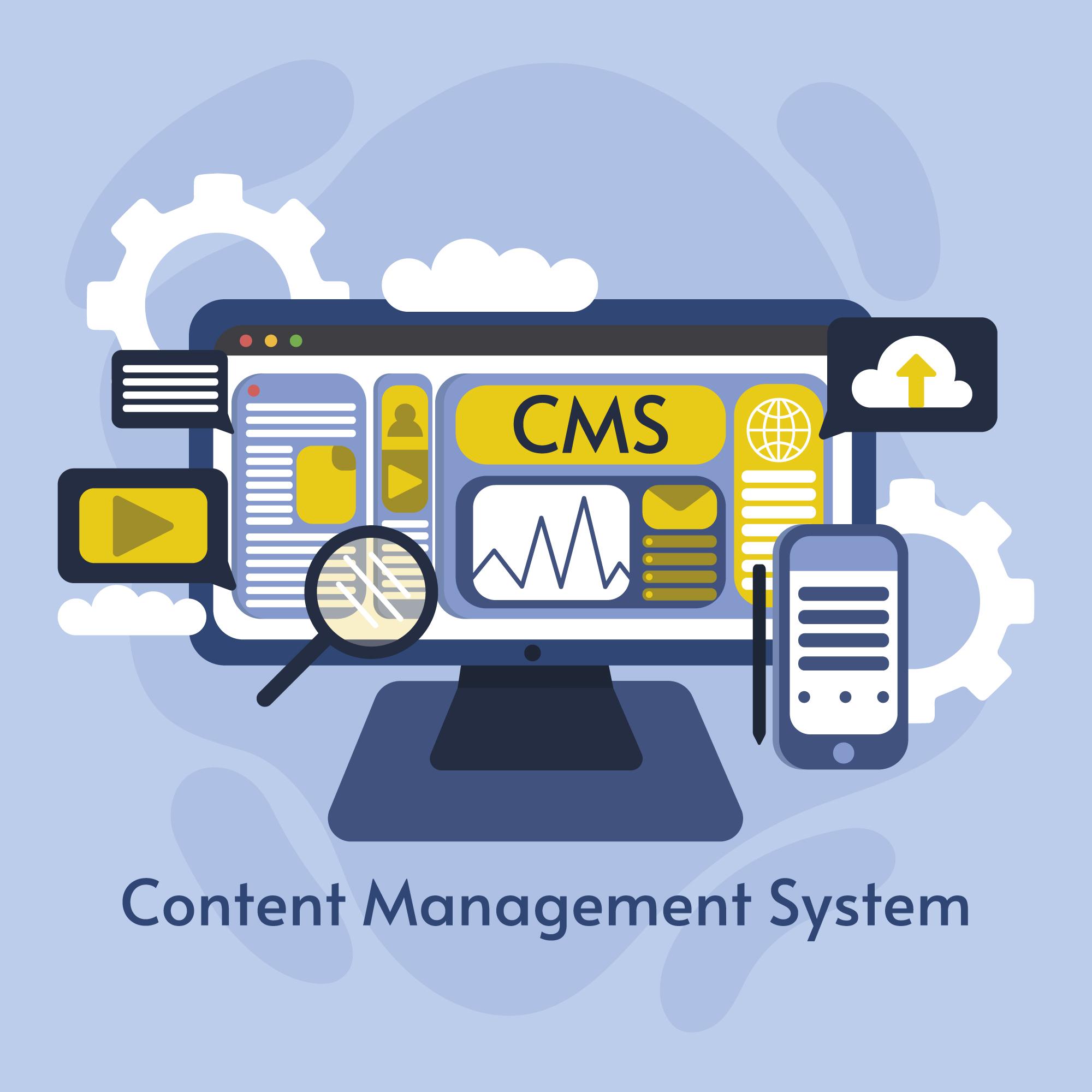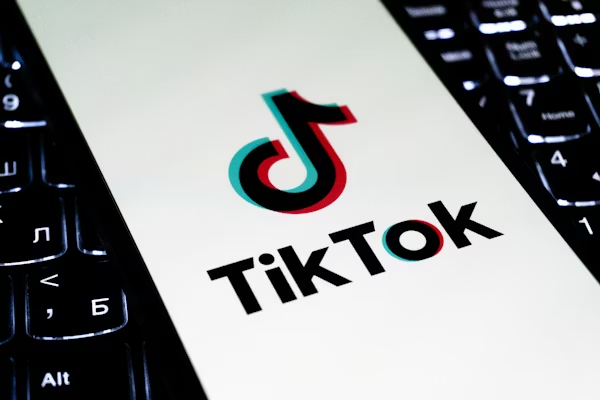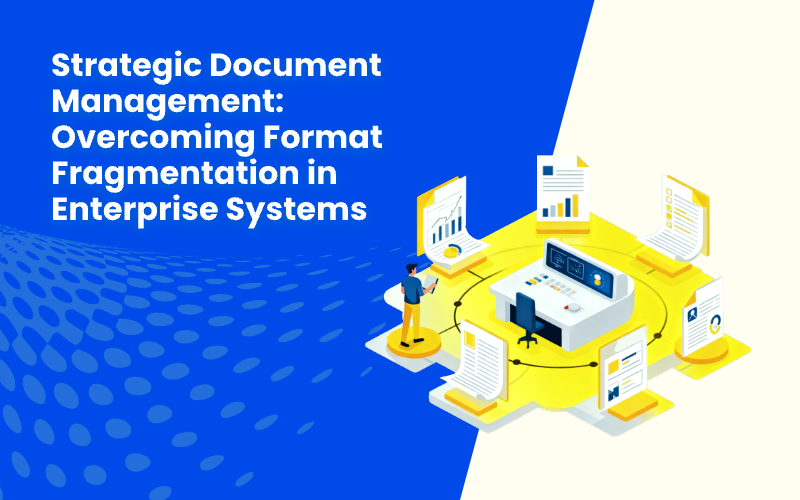If you’re building a smarter, more skilled team in 2025, choosing the right learning content management system (LCMS) can make all the difference. From onboarding new employees to delivering enterprise-level training, an LCMS is more than a digital library; it’s a powerful tool to manage, track, and improve learning across your organization.
You can either build one or hire professionals like the ones from Tambena Consulting to make one for you.
Anyways, let’s explore the top 5 picks that lead the market in 2025, backed by features, value, and real-world usability.
What Is a Learning Content Management System?
A learning content management system (LCMS) is a platform used to create, organize, manage, and distribute learning content within an organization. Unlike a standard LMS (Learning Management System), which focuses on delivering and tracking training, an LCMS adds the power to develop and reuse learning content efficiently.
These systems are ideal for:
- Teams with frequent training needs
- Organizations with multilingual or multi-department training
- Enterprises wanting to centralize learning materials
If you’re wondering what makes the best learning content management system, it usually comes down to:
- User-friendly design
- SCORM/xAPI compliance
- Content authoring tools
- Integration with existing tools
- Performance analytics
Top 5 Best Learning Content Management Systems of 2025
Here are the leading platforms this year—based on functionality, scalability, and user satisfaction.
1. Adobe Learning Manager (Formerly Captivate Prime)
Best for: Multimedia-rich training & enterprises
Adobe continues to deliver on quality with a comprehensive enterprise learning management system. Learning Manager offers seamless integration with other Adobe tools, support for AI-generated content tagging, and a sleek interface.
Highlights:
- Native content authoring
- Gamification & certifications
- Strong analytics & learner dashboards
- Supports SCORM, xAPI & AICC
2. TalentLMS
Best for: Small businesses & startups
If you’re searching for the best learning management system for small business, TalentLMS is a perfect match. It’s fast to set up, budget-friendly, and requires no technical background.
Highlights:
- Built-in course creation tools
- E-commerce capabilities
- Mobile-optimized
- Branching & user groups for team segmentation
3. Docebo Learn
Best for: AI-powered learning experiences
Docebo stands out with its AI features that personalize content delivery. It’s a great option for growing teams needing scale and automation from a learning content management system.
Highlights:
- AI content suggestions
- Integrates with over 400 tools
- Multilingual & global-ready
- Strong focus on learner engagement
4. SAP Litmos
Best for: Enterprise-level compliance training
SAP Litmos is designed for large organizations needing advanced reporting, global delivery, and compliance tracking. It’s a reliable choice for organizations with strict audit and security requirements.
Highlights:
- Pre-built content library
- Advanced reporting tools
- Strong security and scalability
- Used by Fortune 500 companies
5. LearnWorlds
Best for: Interactive course builders & customer training
This is a standout for organizations that want to build learning as a branded experience. LearnWorlds is flexible and rich with video, quiz, and certification features—perfect for client or partner training.
Highlights:
- Drag-and-drop course builder
- Interactive video tools
- Branded learning portals
- Excellent support for small to midsize teams
Why Choosing the Best Learning Management System Matters
Finding the best learning management system platforms is about more than just delivering content. It’s about engaging learners, proving ROI, and reducing onboarding time. A strong LCMS ensures:
- Consistency in training materials across regions
- Speed in creating and updating courses
- Data for improving content based on learner feedback
- Integration with your HR, CRM, or ERP systems
Features to Look For in a Top-Quality LCMS
When choosing the best learning content management system, keep an eye out for:
- Content Authoring Capabilities
Your LCMS should let you build and customize content without third-party tools.
- Reporting & Analytics
Track learner progress, completion rates, quiz results, and skill development.
- Mobile Compatibility
With hybrid teams, mobile access is critical for on-the-go learning.
- Integrations
Seamlessly connect with Zoom, Slack, Microsoft Teams, Salesforce, and more.
- Security & Compliance
GDPR, SCORM, and single sign-on (SSO) features ensure user safety and regulatory compliance.
How to Choose the Best Learning Content Management System for Your Business Needs
Choosing the right learning content management system isn’t a one-size-fits-all decision. Every organization has unique goals, team structures, budgets, and training requirements. To ensure you make the right choice, you must first evaluate the specific needs of your business and map them against the features offered by various platforms.
1. Assess Your Training Goals
Start by defining what you hope to achieve with your learning platform. Are you onboarding new hires? Delivering compliance training? Upskilling your sales team? The more specific your objectives, the easier it will be to identify a solution that fits.
For instance, a small business looking to educate new employees might need a platform that’s affordable, intuitive, and mobile-friendly. In contrast, a multinational corporation may prioritize an enterprise learning management system that supports multiple languages, integrates with internal systems, and provides enterprise-grade security.
2. Consider the Size and Location of Your Team
If your workforce is remote or global, you’ll need an LCMS that offers asynchronous learning features and accessible content delivery. This ensures training is consistent and available to all employees, regardless of location or time zone.
Look for platforms with cloud hosting, mobile apps, and offline accessibility. These features ensure your team can engage with learning material on the go, which is especially important for roles in sales, field service, or travel-intensive sectors.
3. Evaluate Your Content Creation Needs
Some organizations rely heavily on pre-built learning content, while others prefer to create and customize their own. If you need custom learning paths or branded courses, choose a system that includes strong content authoring tools. Platforms like LearnWorlds and Adobe Learning Manager offer these built-in.
Also, consider how reusable your content needs to be. If you create similar training for multiple departments, your platform should allow content modularity, breaking courses into interchangeable lessons that can be reused across different learning paths.
4. Check for Reporting and Compliance Tracking
Tracking learner progress isn’t just about completion rates. It’s about understanding performance and demonstrating results. This is especially important in regulated industries like healthcare, finance, and manufacturing.
Make sure your LCMS includes analytics dashboards, compliance alerts, and the ability to export reports. Integration with HR or performance management tools can also enhance reporting capabilities.
5. Plan for Scalability
You may not need all the bells and whistles today, but consider where your organization is headed. Choosing the best learning content management system means selecting a platform that can grow with you. It should support new user groups, expanded course libraries, and emerging formats like microlearning or AR/VR modules as you evolve.
Best Learning Management Systems for Different Needs
Depending on your company size, audience, and goals, here’s a quick breakdown:
| Use Case | Best Platform |
| Small Business | TalentLMS |
| Enterprise Compliance | SAP Litmos |
| Multimedia & Creative Teams | Adobe Learning Manager |
| Personalized Learning | Docebo |
| Customer/Client Training | LearnWorlds |
Final Thoughts: Empower Your Team with the Right LCMS
In 2025, the right learning content management system isn’t just a “nice-to-have”; it’s a competitive advantage. Whether you’re launching internal training programs or scaling global certification, there’s a platform built for your needs.
By evaluating your goals, budget, and user expectations, you can confidently choose the best learning management system to build a skilled, agile, and future-ready workforce.
For more such informative content, stay connected with Tambena’s blog page. Our experts bring the latest insights of the IT sector before you.






